Bavarian cuisine comprises the culinary traditions of Bavaria, located on the northern slopes of the Alps in southeastern Germany. Characterized by strong and decisive flavors, Bavarian cuisine is famous for its use of meat and game, all cooked with recipes that have been passed along for centuries. Meat is cooked in various ways, and often accompanied by cabbage, potatoes or sauerkraut. Its most savory main dishes are braised pork leg and pot-roasted pork with dumplings, garnished with a sauce made of beer and red cabbage.
A centerpiece of Bavarian food is the würstel or sausage. White sausage, or weisswurst, is served with one of several kinds of mustard, either sweet or spicy. It is often also served with a pretzel, a large, chewy knot of baked dough covered with sea salt or pumpkin and sunflower seeds. Crunchy on the outside and soft and bready within, the pretzel is also popular as a snack, sometimes accompanied by ham or cheese and very often with a glass of beer. Bavarians are dedicated beer makers and drinkers. The various kinds of beer from the region, including the Löwenbräu and Kapuziner brands, are well known around the world. The staple beverage is often served in one-liter mugs. Bavaria’s tasty desserts are another acclaimed local specialty. One classic dish is a pudding-like dessert called Bavarian Cream. Another typical dessert is the strudel, a kind of braided apple pie full of dried fruits. Bavarian cooking is also characterized by large portions and simple ingredients. Local cuisine relies on products that are easy to find, such as vegetables and game meats, which are then coupled with sweet-and-sour flavors. Stuffing meat with fruit and vegetables is a common practice.
Bavarians enjoy their food and drink. They love to sit down in front of a large and succulent plate of meat and down heavy mugs of beer, as the area’s frequent village festivals attest. Of these, the most famous by far is the Oktoberfest, the autumn beer festival held every year in early October in Munich, the capital of Bavaria. Germans and tourists from all over the world hang out in Munich’s streets and city squares, enjoying the region’s best beers. Bavarians are very proud of their local culinary traditions. Every product is governed by extremely strict rules and regulations aimed at conserving taste and authenticity.
A centerpiece of Bavarian food is the würstel or sausage. White sausage, or weisswurst, is served with one of several kinds of mustard, either sweet or spicy. It is often also served with a pretzel, a large, chewy knot of baked dough covered with sea salt or pumpkin and sunflower seeds. Crunchy on the outside and soft and bready within, the pretzel is also popular as a snack, sometimes accompanied by ham or cheese and very often with a glass of beer. Bavarians are dedicated beer makers and drinkers. The various kinds of beer from the region, including the Löwenbräu and Kapuziner brands, are well known around the world. The staple beverage is often served in one-liter mugs. Bavaria’s tasty desserts are another acclaimed local specialty. One classic dish is a pudding-like dessert called Bavarian Cream. Another typical dessert is the strudel, a kind of braided apple pie full of dried fruits. Bavarian cooking is also characterized by large portions and simple ingredients. Local cuisine relies on products that are easy to find, such as vegetables and game meats, which are then coupled with sweet-and-sour flavors. Stuffing meat with fruit and vegetables is a common practice.
Bavarians enjoy their food and drink. They love to sit down in front of a large and succulent plate of meat and down heavy mugs of beer, as the area’s frequent village festivals attest. Of these, the most famous by far is the Oktoberfest, the autumn beer festival held every year in early October in Munich, the capital of Bavaria. Germans and tourists from all over the world hang out in Munich’s streets and city squares, enjoying the region’s best beers. Bavarians are very proud of their local culinary traditions. Every product is governed by extremely strict rules and regulations aimed at conserving taste and authenticity.
RELATED


THE PANAMA CANAL
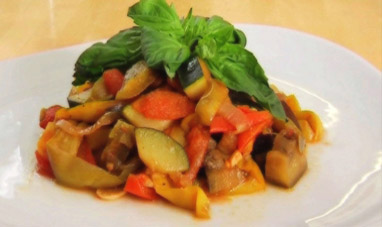

RATATOUILLE
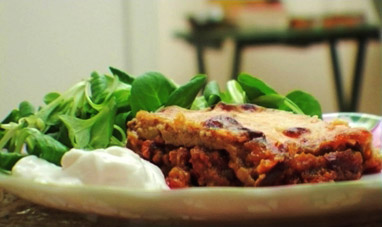

MOUSSAKA


HAGIA SOPHIA
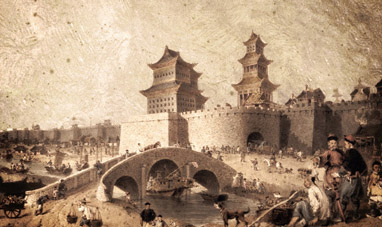

BEIJING
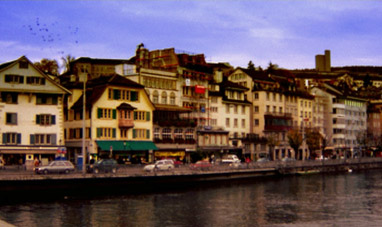

ZÜRICH


VENICE
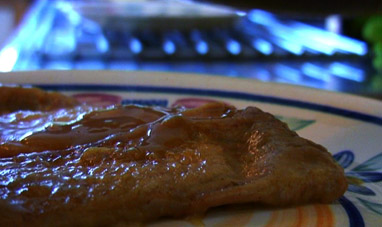

SCALOPPINE IN WHITE WINE SAUCE
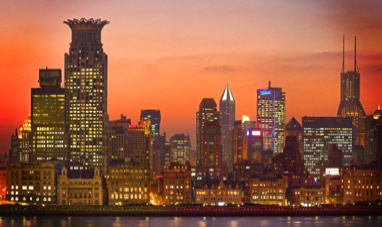

SHANGHAI


BRAZIL


AMSTERDAM


THE ACROPOLIS IN ATHENS
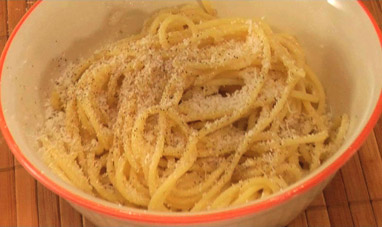

PASTA CACIO E PEPE


WASTE IN THE WORLD
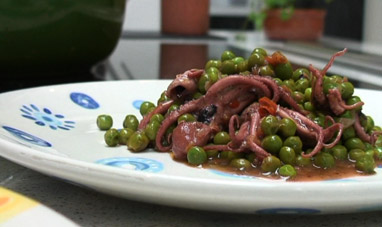

MOSCARDINI WITH PEAS
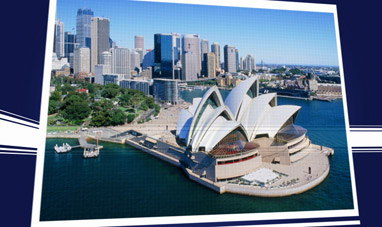

SYDNEY OPERA HOUSE
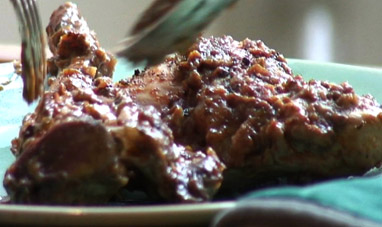

RABBIT ALLA CACCIATORE
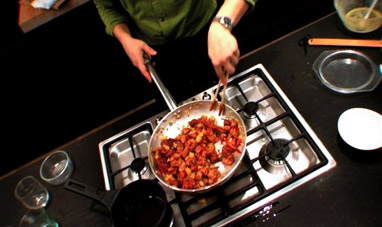

SWEET AND SOUR PORK


LONDON
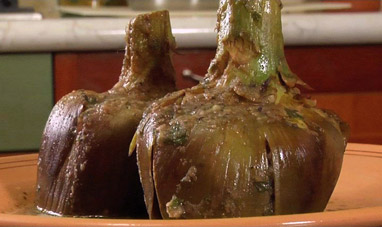

ROMAN-STYLE ARTICHOKES
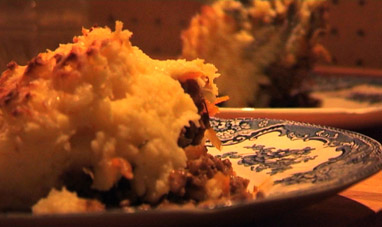

SHEPHERD'S PIE
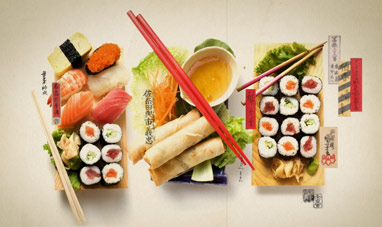

JAPANESE CUISINE
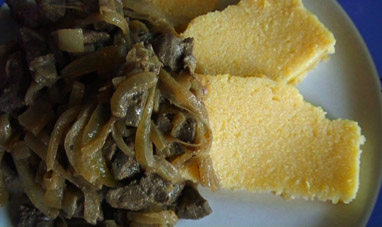

LIVER ALLA VENEZIANA
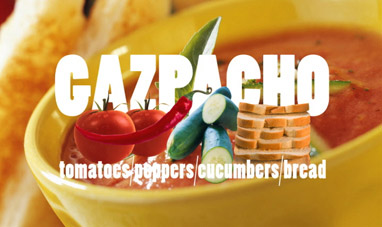

SPANISH CUISINE


CARIBBEAN CUISINE


PARIS


RIO DE JANEIRO


COCONUT DELIGHTS
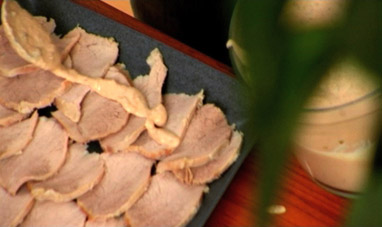

VITELLO TONNATO
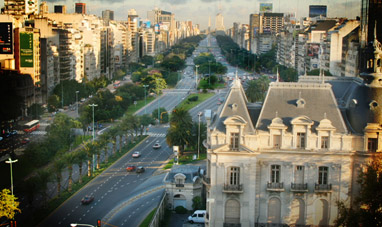

BUENOS AIRES
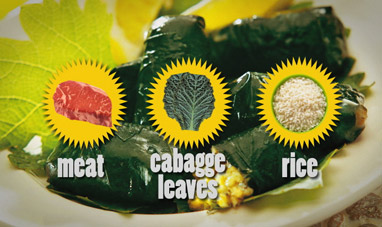

GREEK CUISINE
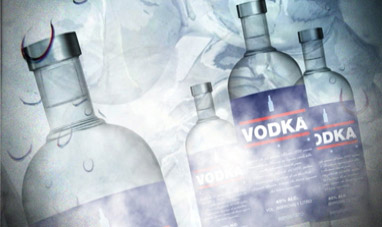

VODKA


VIENNA


DUBAI
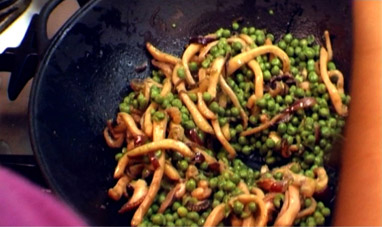

SEPPIOLINE WITH PEAS
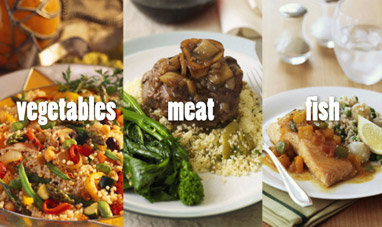

ARAB CUISINE
